Ah, Montessori Culture! The Montessori method, founded by Dr. Maria Montessori, is renowned for its holistic approach to education, fostering independent, confident, and socially responsible children. At the heart of this method lies a rich tapestry of cultural education, aimed at cultivating not just academic intellect but also a profound respect for humanity and the natural world.
This blog post aims to illuminate the key principles and activities of Montessori culture, providing valuable insights for Montessori guides, teachers, and parents keen on enriching their approach to education.

The Essence of Montessori Culture
Montessori culture encompasses a broad spectrum of disciplines, including geography, history, science, art, and music, blending these seamlessly into the everyday learning experience.
Unlike traditional education systems that often segregate subjects, Montessori culture emphasizes the interconnectedness of all aspects of the cosmos. It is always encouraging children to explore the rich diversity of our world and its inhabitants.
Here’s why this holistic approach not only broadens the intellectual horizons of children but also nurtures empathy, curiosity, and a lifelong love for learning.

Cultural Materials and Activities in Montessori
Montessori Cultural Materials
In Montessori classrooms, cultural materials are meticulously designed to be both educational and engaging, fostering hands-on learning experiences that resonate with children. These materials include globes, land and water forms, cultural artifacts, picture cards, and biological models, among others. The purpose of these resources is multifold – they help children grasp complex concepts like the diversity of landscapes, flora and fauna, as well as human culture and society across different regions of the world.
For instance, the ‘Puzzle Maps’ offer a tangible way for children to learn about geography, understanding the shapes, names, and locations of continents and countries. Similarly, ‘Botany Cabinet’ introduces children to various leaf shapes, fostering an appreciation for plant biology through direct interaction.
Here is a list of some Montessori Culture lessons and works that you might find helpful:
- 8 Easy Montessori Culture Activities
- Teach Children the Flags of the World the Montessori Way
- Foreign Languages the Montessori Way
- Pledge of Allegiance to the United States Flag the Montessori Way + Lesson Plan
- Montessori Culture: Teaching Children about their Country
- Exploring Culture with Easy Montessori Activities
- Montessori Geography
Montessori Culture Activities
The activities guided by Montessori cultural materials are aimed at deepening a child’s understanding and appreciation of the world around them. Some exemplary Montessori culture activities include:
- Land and Water Forms: Children learn about physical geography by working with models of islands, lakes, peninsulas, and so forth, enhancing their knowledge of natural landscapes and vocabulary.
- Cultural Celebrations: Integrating celebrations from around the world into the classroom offers a fascinating glimpse into diverse cultural traditions, encouraging respect and understanding for global communities.
- Nature Walks: These excursions are not just recreational but educational, enabling children to observe and interact with the natural environment, cultivating their scientific inquiry and observation skills.
- Flag Matching and Continent Boxes: These activities familiarize children with the countries of the world, their flags, and unique cultural aspects or landmarks, enriching their global perspective.
The Impact of Cultural Education in Montessori
Montessori culture activities do more than just impart knowledge; they lay the groundwork for developing well-rounded individuals who are aware of their place in the world. By engaging with cultural materials and activities, children learn to appreciate diversity, develop a sense of belonging to the global community, and cultivate respect for all living things.
Furthermore, the Montessori method’s emphasis on cultural education equips children with the tools to become responsible, compassionate citizens, capable of making informed decisions that benefit not just themselves but the world at large. In fostering a deep connection with the world and its diverse inhabitants, Montessori culture plays a critical role in nurturing the next generation of leaders, thinkers, and innovators.

Conclusion
For Montessori guides, teachers, and parents, understanding and incorporating the rich array of cultural materials and activities into the learning environment is key to unlocking the full potential of the Montessori method.
This approach not only enriches the educational experience but also fosters a shared sense of humanity and stewardship for our planet. In celebrating the diversity and interconnectedness of cultures, nature, and scientific discovery, we prepare our children to thrive in a complex, rapidly changing world, armed with knowledge, empathy, and an insatiable curiosity for life-long learning.
CTA
You might also enjoy these relevant topics:
- The First Year of Life: Developmental Stages and Key Milestones
 When you are looking at raising your baby the Montessori way, the first thing you need to focus on is the baby’s developmental stages during the first year of life.
When you are looking at raising your baby the Montessori way, the first thing you need to focus on is the baby’s developmental stages during the first year of life. - A Thorough Guide to Montessori Sight Words
 One of the core components of the Montessori literacy program is the introduction of sight words. But what exactly are Montessori sight words, and why are they important?
One of the core components of the Montessori literacy program is the introduction of sight words. But what exactly are Montessori sight words, and why are they important? - Benefits of Montessori Education
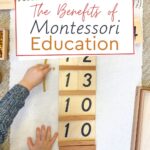 Let’s discuss the benefits of Montessori education in this post because there is much to cover in this topic alone.
Let’s discuss the benefits of Montessori education in this post because there is much to cover in this topic alone.

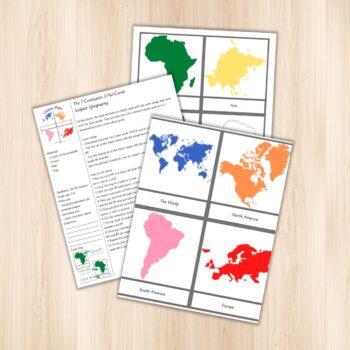
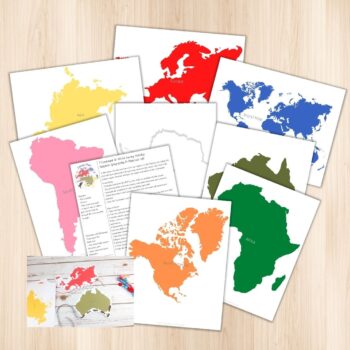
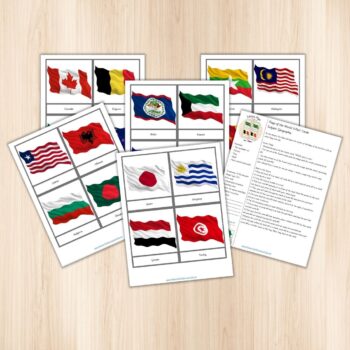
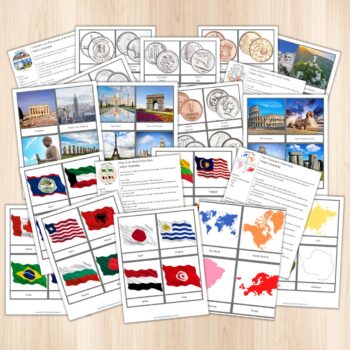
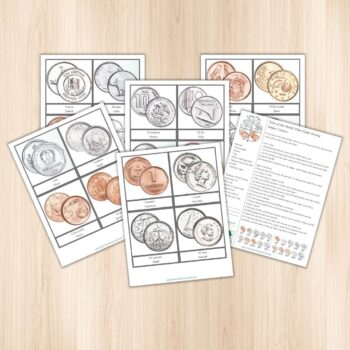
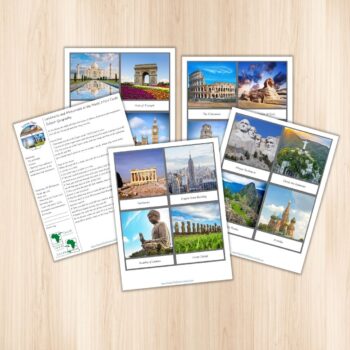
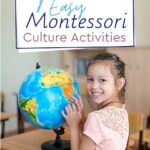
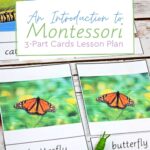

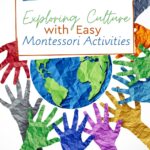

Leave a Reply